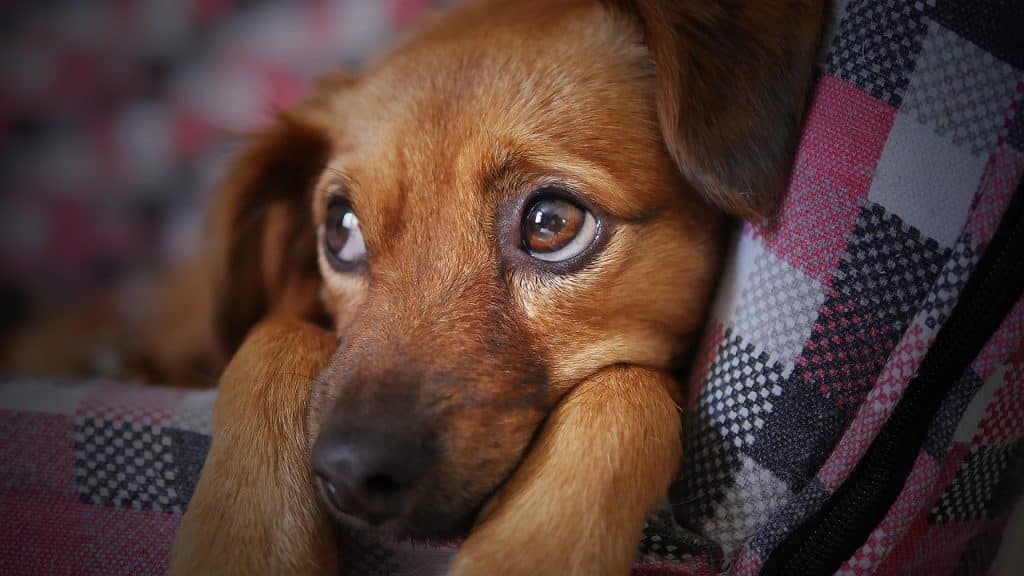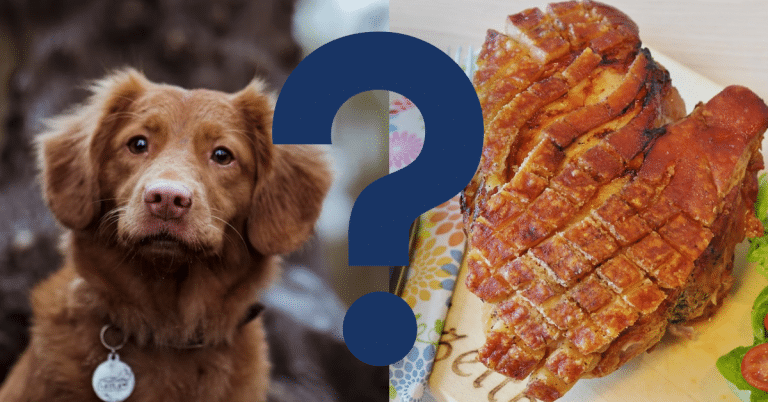Can Dogs Eat Cheese Puffs? A vet’s summary

Cheese puffs are often high in fat but can dogs eat cheese puffs?
Typically, cheese puffs are not a good snack for dogs. While some dogs may tolerate modest amounts of cheese alone, packaged, high-fat snacks like cheese puffs may contain substances that are toxic to dogs if ingested frequently or in excessive amounts.
Let’s dive in:
Benefits of cheese puff for dogs
There are very few, if any, genuine advantages of giving cheese puffs to dogs, even though they are not a suggested or nutritious treat for dogs owing to their high fat, salt, and artificial ingredient content. However, if you want to add cheese to your dog’s diet in a healthy way, you might want to think about the following:
- Cheese is a source of protein and, when consumed in moderation, may be a delightful and healthy treat for certain dogs. For the upkeep of muscles and general health, protein is crucial.
- Calcium: Cheese has calcium, which is necessary for dogs to have healthy bones and teeth.
- Dog Training Reward: A high-value dog training reward is a few little slices of plain cheese. It may provide inspiration throughout workouts.
- Enhanced Flavor: A tiny quantity of cheese may enhance the flavor of some dogs’ normal food or meds.
- Digestive Health: Cheese may include probiotics that are good for the digestive tract in dogs that are not lactose sensitive.
- Giving your dog a little slice of cheese in a puzzle toy or Kong might keep them entertained and stimulate their minds.
It’s crucial to emphasize that while cheese may have some possible advantages, it should only be consumed occasionally and as part of a balanced diet. Dairy products are not a food that all dogs can accept. Because some dogs are lactose intolerant, eating cheese or other dairy products may cause stomach problems.
Before making any big dietary adjustments for your dog, including introducing new treats or meals, always consult your veterinarian. They may offer advice on what meals are acceptable for the needs and dietary limitations of your dog. When treating your beloved buddy, it’s often preferable to go with healthier alternatives that are also dog friendly.

How to safely give cheese puffs to dogs
Since cheese puffs are a manufactured, high-fat, and salty food that might be detrimental to your dog’s health, it is generally not advised to offer them to dogs. However, there are several safety measures you should take if you do decide to indulge your dog with a very seldom, little piece of cheese puff:
- Small Portions: Instead of giving your dog an entire cheese puff, give them a very tiny piece for a taste. This lowers the possibility of intestinal discomfort or other health problems.
- Pick simple cheese puffs to avoid additional flavors, spices, or seasonings. Any that contains onion or garlic should be avoided since dogs can be poisoned by these substances.
- Following the administration of a little piece of cheese puff to your dog, keep a cautious eye out for allergic reactions. Dairy may cause allergies or intolerances in some dogs, so keep an eye out for any symptoms, such as itching, vomiting, diarrhea, or breathing difficulties, that might indicate an allergic response.
- Cheese puffs can cause dogs to choke, so use caution while feeding them. Make sure the item is small enough for your dog to safely chew on it and keep an eye on them as they consume it.
- Remember The Health Consequences: If ingested frequently or in greater amounts, cheese puffs’ high levels of fat and salt can be harmful to your dog’s health. It is not a long-term remedy.
- After eating the cheese puff, make sure your dog has access to fresh water to drink to help wash it down and quench thirst.
- Moderation: Cheese puffs should only be given extremely infrequently to your dog, and they shouldn’t be used in place of healthier dog treats or regular meals.
- Consult Your Veterinarian: It’s a good idea to speak with your veterinarian before feeding your dog any new treats or foods to make sure they’re healthy for them and won’t conflict with any dietary restrictions or medical concerns they might have.
In conclusion, while sometimes treating your dog to a tiny, simple cheese puff is permissible, it’s important to exercise caution and moderation. The general health and wellbeing of your dog should always come first when selecting treats and snacks for them. Instead, you might want to think about using one of the safer and healthier dog treats that are available.
Will cheese puffs make a dog sick
A dog may become ill from eating cheese puffs, especially if they ingest large quantities of them or if the cheese puffs include substances that are dangerous to canines. The following are possible causes of a dog’s sickness from cheese puffs:
- High Fat Content: Cheese puffs frequently contain a lot of fat, which might cause dogs’ gastrointestinal problems, such as vomiting and diarrhea. An additional risk factor for pancreatitis, a potentially dangerous illness, is excessive fat consumption.
- Cheese puffs typically include salt, and too much salt can cause sodium ion overdose in dogs. Severe instances might result in mortality, as well as symptoms including extreme thirst, vomiting, diarrhea, tremors, and seizures.
- Artificial Ingredients: A dog’s digestive system could not agree with the artificial flavors, colors, and preservatives included in many cheese puffs, which could cause upset stomach.
- Cheese puffs can be a choking hazard due to their texture, especially if a dog attempts to consume them whole.
- Dogs with allergies or intolerances to dairy products, such as cheese, include those who are lactose intolerant. In such circumstances, eating cheese puffs may cause pain and stomach problems.
It’s best to stay away from offering your dog cheese puffs completely to reduce the likelihood of getting them ill. If your dog eats a little bit of cheese puff by accident, keep an eye out for any symptoms of distress or sickness. It’s crucial to call your veterinarian right away for advice and possible treatment if you think your dog has eaten a lot of cheese puffs or is exhibiting symptoms of sickness.
It’s crucial to put your dog’s health first as a responsible pet owner and select treats and munchies that are made especially for dogs or are recognized as being suitable for canine ingestion. If you want to give your dog a cheese-flavored treat, think about substituting small, simple chunks of real cheese for cheese puffs sometimes.

A vet’s summary
Dogs shouldn’t be given cheese puffs, according to a veterinarian’s report. For several reasons, cheese puffs are not an appropriate or secure treat for dogs:
- Cheese puffs are nutritionally inadequate since they don’t include the necessary components for a balanced diet for dogs. If you give them to your dog, it can interfere with their diet and result in deficiencies or imbalances.
- High In Fat And Salt: Cheese puffs frequently contain large amounts of fat and salt, which can upset a dog’s stomach and lead to pancreatitis and sodium ion poisoning.
- Artificial Ingredients: A lot of cheese puffs are made with artificial flavors, colors, and preservatives that might upset a dog’s stomach and can be hazardous.
- Cheese puffs are a choking threat for dogs due to their texture, especially if they attempt to swallow them whole.
- Allergies & Intolerances: If dogs eat cheese puffs, they may have stomach pain since they may be lactose intolerant or allergic to dairy products like cheese.
- Long-Term Health Risks: Cheese puffs have a high fat and calorie content, which over time may cause your dog to become obese and develop other health issues.
Probiotics are edible for dogs and may be good for their intestinal health. Live helpful bacteria called probiotics can aid in preserving a healthy balance of gut flora (microorganisms) in the digestive tract of your dog.
In conclusion, cheese puffs are not a healthy or suitable treat for dogs. Prioritizing your dog’s health and wellbeing means giving them treats and munchies that are made just for dogs or are otherwise recognized to be healthy for them. Always ask your doctor for advice on your dog’s nutritional needs and seek their counsel if you have any concerns about your dog’s food or treats.
Videos to watch
If you are wondering whether dogs can eat cheese puffs, watch this:
Of you are wondering whether cheese is good for dogs, watch this:






